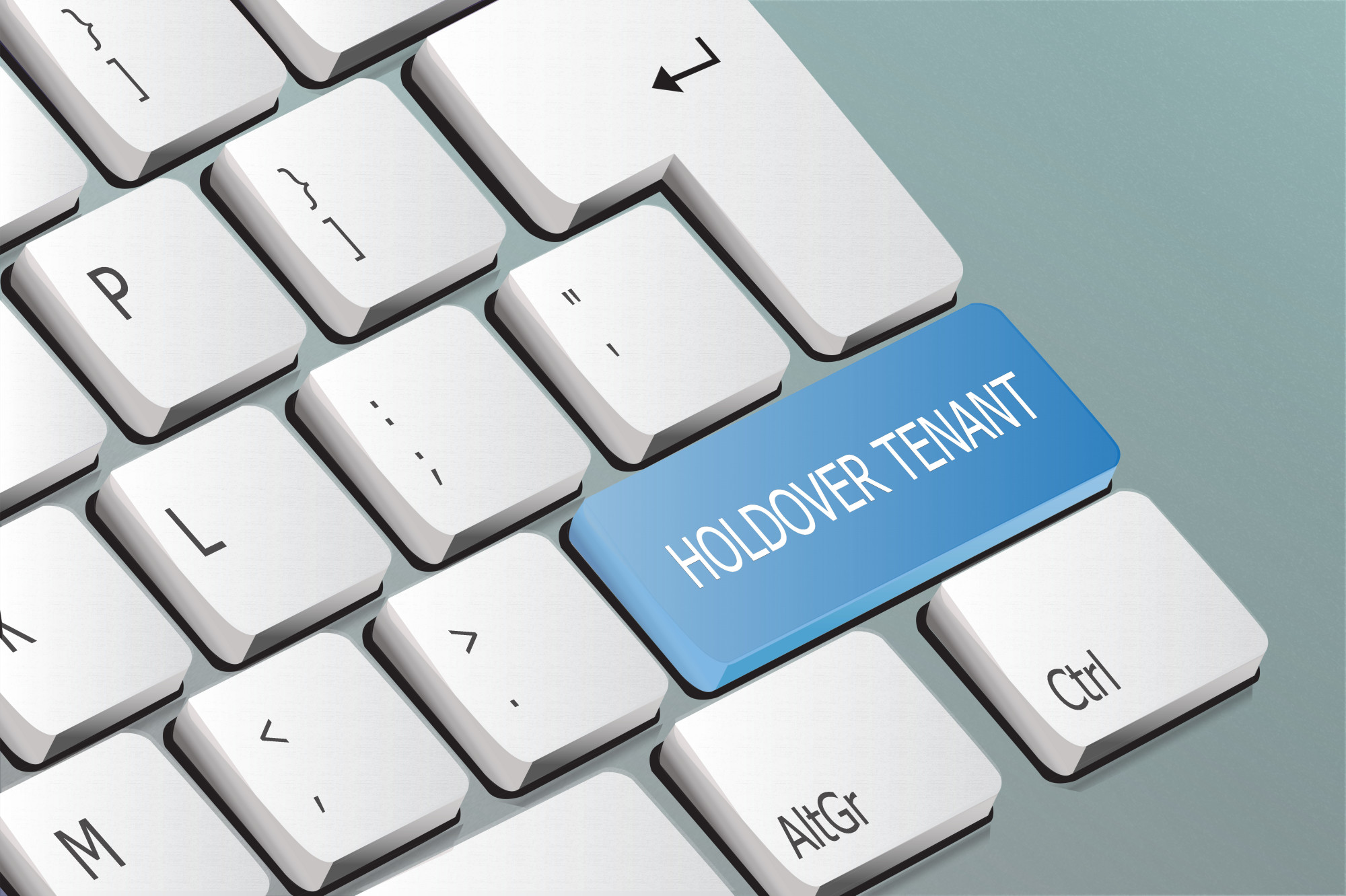As a landlord in the San Diego area, the last thing you want to discover is that squatters have taken up residence in your rental property. If they have been there long enough, it can be difficult to get them to leave. In some cases, they might even become legal residents of the property (especially if they have been living there long enough!).

Continue reading to learn what you need to know about squatters' rights as a landlord in California.
What Is Squatting?
Squatting occurs when an individual moves into a property without the owner's permission. This means that there is no written agreement allowing them to live there and they aren't paying rent to the owner for the use of the property. Squatting may refer to something known as adverse possession.
This isn't to say that they aren't trespassing (which is a criminal offense), because they may be. If they claim "adverse possession" or "squatter's rights", it can be difficult to get them to leave the property without a proper eviction or involving a lawsuit. In fact, they may be able to claim legal rights to the property if they've followed a certain set of guidelines.
If you are the landlord of a property that you are unable to visit regularly, you should consider hiring a property manager to make sure that you don't end up with unwanted residents.
Do Squatters Have Rights?
If a squatter lives in a property long enough (without owner interference), they can become the legal owner of the property. However, most squatters aren't trying to gain ownership of a property. They are simply seeking tenancy.
Their claims usually include having:
- An oral contract with the owner
- An oral rental agreement with the owner
- A written contract (usually faked by the squatter) with the owner
Squatter's law in California states that an individual must maintain the property for five years to be considered as the owner. This means that they:
- Have their mail sent to the property
- Come and go through the front door
- Paying property taxes on the property
If the squatter was a past tenant, the five years doesn't start until the lease expires and the tenant stays on the property as a holdover tenant.
If the squatter hasn't been handling the property taxes or paying for the utilities, etc., you can consider evicting squatters and get your property back. If a judge determines that the squatter has a right to the property, they are then considered tenants. From there, you will be able to go through the eviction process to remove them from your property.
Adhering to Squatter's Right in San Diego, CA
Once a squatter has rights to the property, you have to follow the law thoroughly to get your property back. If you don't check up on your property regularly, you may find yourself in this predicament.
If you have any questions about squatter's rights and how to handle these situations, make sure to contact Penny Realty, Inc. We'd be happy to help you out in any way that we can.


